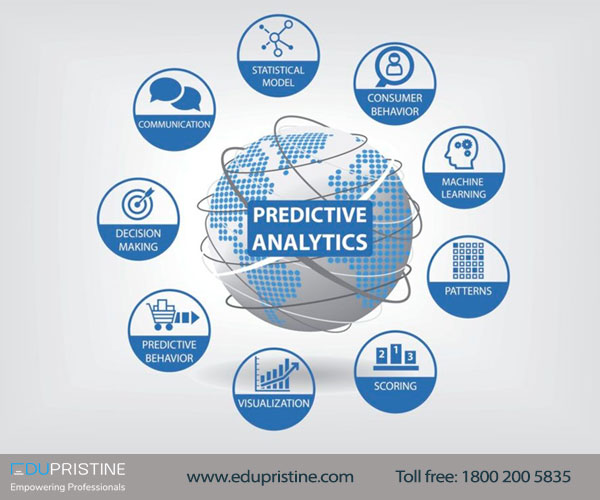Applications of Predictive Modeling

Predictive modeling finds applications across various industries and domains, helping organizations make informed decisions and gain insights into future trends. Here are some common applications of predictive modeling:
-
Finance:
- Credit Scoring: Predicting the creditworthiness of individuals or businesses to assess the risk of lending.
- Stock Price Forecasting: Analyzing historical data to predict future stock prices and trends.
-
Healthcare:
- Disease Prediction: Using patient data to predict the likelihood of diseases and conditions, enabling early intervention.
- Hospital Readmission Prediction: Predicting the probability of a patient being readmitted to a hospital within a certain period.
-
Marketing:
- Customer Churn Prediction: Identifying customers who are likely to stop using a product or service.
- Targeted Marketing: Analyzing customer behavior to personalize marketing efforts and increase conversion rates.
-
Retail:
- Demand Forecasting: Predicting future demand for products to optimize inventory management.
- Price Optimization: Analyzing pricing trends and predicting optimal price points for products.
-
Manufacturing:
- Equipment Maintenance: Predicting equipment failures to schedule preventive maintenance and reduce downtime.
- Quality Control: Identifying potential defects in the manufacturing process to improve product quality.
-
Telecommunications:
- Network Performance Optimization: Predicting network issues and optimizing performance to enhance customer experience.
- Customer Support Optimization: Predicting customer issues and improving support services.
-
Human Resources:
- Employee Turnover Prediction: Identifying employees at risk of leaving the company to take proactive retention measures.
- Recruitment Optimization: Predicting the success of candidates during the hiring process.
-
Energy Management:
- Energy Consumption Forecasting: Predicting future energy consumption to optimize resource allocation and reduce costs.
- Equipment Failure Prediction: Predicting failures in energy-related infrastructure for preventive maintenance.
-
Insurance:
- Claims Fraud Detection: Identifying potentially fraudulent insurance claims based on historical data patterns.
- Risk Assessment: Predicting the risk associated with insuring individuals or properties.
-
Transportation and Logistics:
- Route Optimization: Predicting optimal routes for transportation to minimize costs and delivery times.
- Supply Chain Management: Predicting disruptions in the supply chain and optimizing logistics.
-
Education:
- Student Performance Prediction: Predicting student performance based on various factors for early intervention and support.
- Admissions Yield Prediction: Predicting the likelihood of admitted students accepting enrollment offers.
These applications demonstrate the versatility of predictive modeling in addressing a wide range of business and societal challenges. As technology continues to advance, predictive modeling techniques will likely play an increasingly crucial role in decision-making processes across industries.
Thank you.
